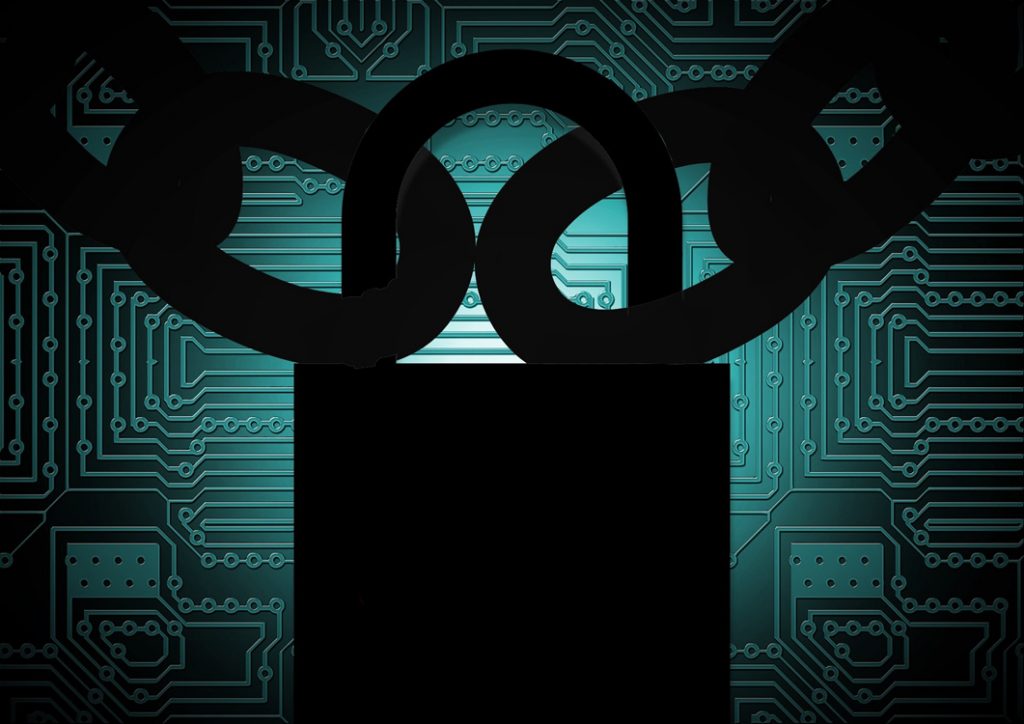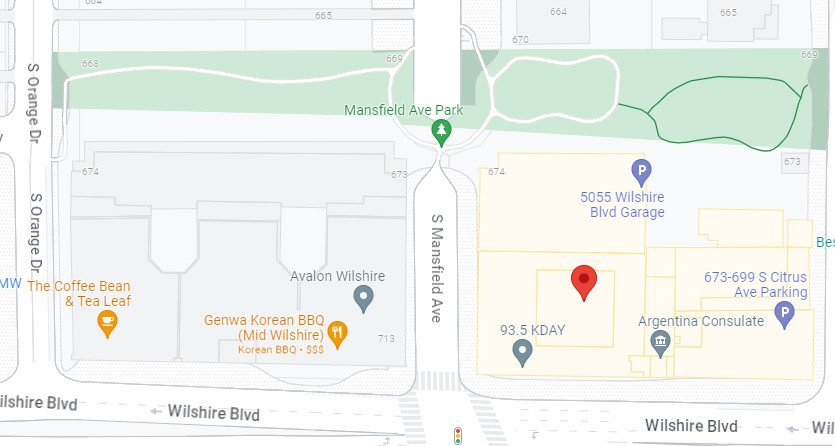How Safe Is Your Personal Information?

The recent cyberattacks against Anthem, Inc., the UCLA Health System, major corporations and the federal government show how cybercriminals are getting more sophisticated in the ways they steal your personal information.
At the DGA–Producer Pension and Health Plans, we take the security of your personal information very seriously. We engage in the latest testing and security technologies to ensure our systems remain intact against intrusion.
In addition to our efforts, however, it is important that you also do your part to protect yourself. Below are some extra precautions you can take to keep your information safe.
- Keep your Health Plan information safe. The data breaches at Anthem, Inc. and UCLA Health System make clear that your medical records have value to cybercriminals. Your Health Plan information, particularly your Health Plan ID number, should be protected the same as your social security number. Your Health Plan ID can be used by criminals to obtain medical care, buy prescriptions or obtain fraudulent reimbursements, at the cost of valuable Health Plan resources and your peace of mind. Be sure to review your Explanations of Benefits (EOBs) for services or dates you do not recognize and watch your mail for medical bills or collection notices for charges you did not incur. If you notice any erroneous or suspicious information on your EOBs, contact Participant Services at (877) 866-2200 ext. 401.
- Take Full Advantage of Free Credit Monitoring Offers. When Anthem, Inc. and the UCLA Health System were hacked, both vendors offered free credit monitoring services to all those who were potentially affected by their data breaches, providing basic protection, such as identity repair and restoration, for a year or more.However, some of the more advanced protection features of these services, such as credit alerts for new accounts opened using your information, phone alerts for suspicious activity, access to fraud investigators to look into flagged activity, and reimbursement insurance in case of fraudulent activity, may require additional action on your part. Be sure to review all the materials provided to you by Anthem, Inc. and UCLA Health System to make sure you get all the protection these free services offer.As the offer provided by UCLA Health System has expired, there is still time to take advantage of the identity protection services offered by Anthem, Inc. For more information , visit anthemfacts.com.
- Know Your Rights with the Credit Reporting Agencies. By federal law, you are entitled to a free credit report from each of the three major credit reporting agencies—Equifax, Experian, and TransUnion—at no charge every 12 months from each credit reporting company. Free reports must be requested through www.annualcreditreport.com. You can request all of them at once or stagger them throughout the year. Regularly reviewing your credit report is a good way to keep an eye out for suspicious activity.Beyond providing a copy of your report, credit reporting agencies offer other ways to protect your identity. You can also:
- Dispute questionable entries on your report. You can often do this online.
- Request a credit freeze. You can restrict access to your credit report by requiring a personal identification number that only you know. The PIN would be provided to the credit agency on a case-by-case basis whenever you wanted to temporarily “thaw” your report for a creditor or inquiry. Credit freezes can be completed online with the three major credit reporting agencies and may require payment of a fee.
- Request a fraud alert. Unlike credit freezes, which make your credit totally inaccessible without the PIN, a fraud alert allows access to your report for those who take extra steps to verify your identity. Fraud alerts are free.
- Be Extra Cautious. As cybercriminals get more sophisticated with their attacks, you must be extra cautious when it comes to protecting access to your personal information.
- Question every email, phone call and text message you receive before you take action, even if it appears to be from a person or company you know. Remember, the IRS does not notify you of a tax issue or lawsuit by telephone and they do not take payments over the phone.
- Think twice before giving out your identifying information (birthday, home address, email, phone number).
- Create strong passwords. Cybersecurity experts now suggest you maintain different passwords for each account with high-value data. They also recommend that passwords be 12 characters long (including one number, one special character, one UPPERCASE character, and one lowercase character). For more tips on creating a strong password, view our tutorial, Creating a Strong Password (That You Can Also Remember).
- Keep your computer and mobile device software patched and updated. Some updates resolve software vulnerabilities that cybercriminals can use to gain access to your computer.
Protecting personal data is more important now than ever, as our sensitive information is increasingly exchanged and stored electronically. As cybercriminals use various methods and points of attack to gain access to information, keeping them at bay takes a concerted and continuous effort from both you and the companies you deal with. Make sure you are doing your part to protect your information from these criminals.


 OFFICE LOCATION & HOURS:
OFFICE LOCATION & HOURS:
 MEETING INFORMATION:
MEETING INFORMATION: FAXES:
FAXES: